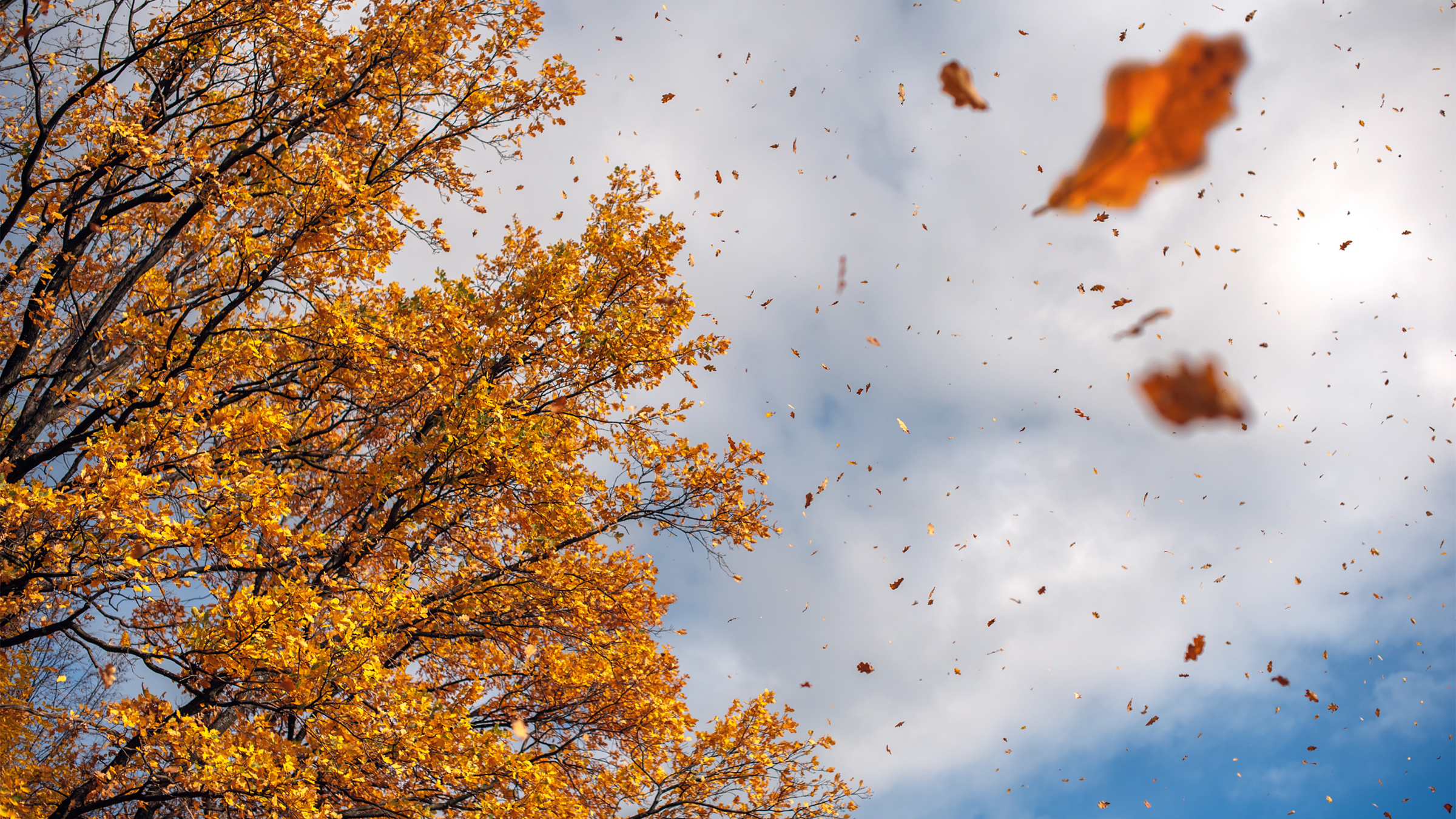I meditated for lottery numbers. I sat the way I had been instructed to at temple—legs crossed, back straight. If I couldn’t keep my back straight, then I flattened myself against a wall, aligning the top of my head down the length of my spine. I inhaled three seconds, saying poot, and then slowly exhaled through my nose, saying toa. I was six and didn’t know why I had to recite poot and toa, didn’t know that it was a way of centering the mind. In fact, I didn’t know a lot about why my Thai family did what they did when it came to Buddhism; I just did it.
In meditation, I had to push all thoughts away—thoughts about how I was bullied or why I couldn’t stop eating or what “poor” meant when my mom said we were poor. I had to erase it all like erasing the blackboard at school, so I could concentrate on that empty, dark gray space. But nothing ever truly disappears. There are remnants of what was written or drawn—the lesson about subject-verb agreement or numbers. Ghostly, floating numbers.
That’s how the lottery numbers came to me. They floated from faint outline into presence. Three numbers. We needed three numbers sent from Buddha. Every day I meditated, because every day my family watched the lottery, a five-minute prologue before the white-people dramas like Dynasty or Magnum P.I. that made us laugh.
The numbers always came. Once, I was right. But my family never bought a ticket.
The beauty of a still mind—especially to a child—is you can will anything into being. Like lottery numbers. Like a dragon. Like a white elephant riding a dragon. This is imagination at play—the belief that you can conjure up whatever just by breathing and being.
It was not a surprise, then, when it was not numbers that formed in my head, but rather words. In my immigrant family, language instilled more fear in us than those neighbors who didn’t want us occupying our little part of south Chicago—those who danced in our wet cement, threw rocks at our windows, or yelled out racial slurs.
Racial slurs were language. They clung to the tendrils of the mind. No matter how hard I tried to erase these words—chink, gook, jap, slanty-eyes—the ghost of them remained. For a long time, these words cleaved at my sense of self and made me tremble in public. This was the gaze of how others saw me, my family, and our place in this country, which implied more words: You don’t belong here.
I was eight, in Ms. D’s third-grade class, reading quietly from the textbook my mother had wrapped in a paper grocery bag so I wouldn’t ruin the cover. Here was a two-stanza poem, though I didn’t know what “stanza” was then. I didn’t know what “poem” was either. I didn’t know who Christina Rossetti was or why she wrote “Who Has Seen the Wind?”:
Who has seen the wind?
Neither I nor you:
But when the leaves hang trembling,
The wind is passing through.Who has seen the wind?
Neither you nor I:
But when the trees bow down
their heads,
The wind is passing by.
I obsessed over this poem. I read it repeatedly. I recited it to the robins pecking for worms on my lawn, to the yapping neighbor dog on the other side of the chain-link fence, to my mother exhausted after her long shift at the hospital. I memorized it.
Words took hold of me as the wind took hold of Rossetti. I liked how the poem sounded coming out of my mouth, liked the shape my mouth made with certain words, liked the images it conjured and how it awoke my senses.
American poet Frank X. Gaspar said poetry should feel good in the mouth. Rossetti’s words felt good in and out of the mouth. Ms. D sent me around Harnew Elementary so I could recite the poem to other classes. Though I was terribly shy, the poem cast a spell on me.
It had created a poet. This poet understood wind and, when he meditated now, saw words fill the blackboard of his mind. There were no longer numbers, though sometimes a number might appear, like Wallace Stevens’ “Thirteen Ways of Looking at a Blackbird” or the five precepts instilled in him at the Thai temple, or the ten things the poet wanted to remember in the next life. So many words filled that space—wind and passing and heads. So many words in the best order, as poet Stephen Dobyns would say—leaves and trembling and bow. So many words that opened a life, that changed a life, that created a song of hope and possibility.

